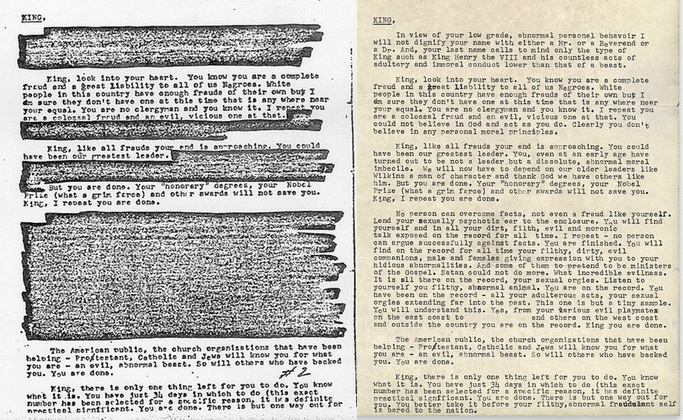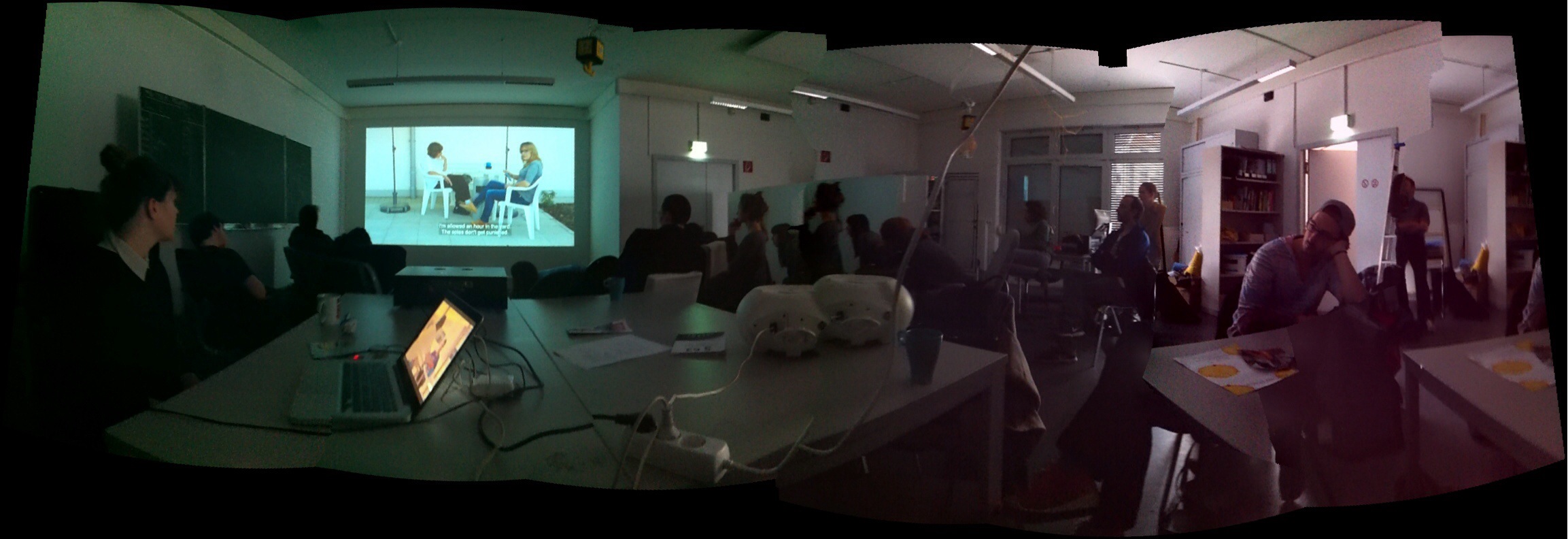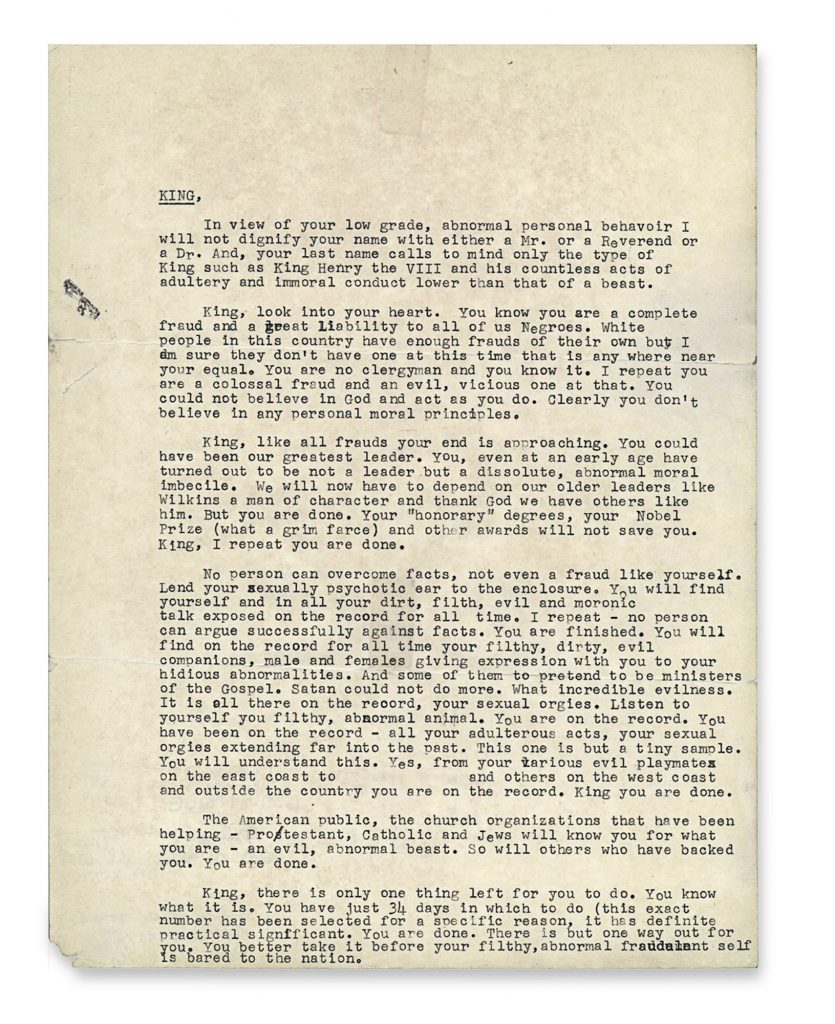
All Cameras Are Police Cameras
All Cameras Are Police Cameras
Great essay by James Bridle, about the advances in locking down public space.
Surveillance images are all “before” images, in the sense of “before and after”. The “after” might be anything: an earthquake, a riot, a protest, a war. Any system reliant on flow, which is all networks from vehicle traffic to commercial supply to video feeds to the internet itself, view disruptions within the same negative moral context. Surveillance images attain the status of evidence for unknown crimes the moment they are created, and merely await the identification of the moment they were created for. Automated imagery criminalises its subject.
Read on for what happened just walking down the streets of London documenting security cameras.
http://shorttermmemoryloss.com/nor/
I wonder what happened to the imagery here? Strangely drained of colour and, presumably, all meta data.
"Citizen Four" next week
As we’re going to go to Dortmund to see “Citizen Four” next week, here are some hand picked articles about the background to the film and its making.
Laura Poitras on Filming Edward Snowden and Her New Documentary About Him, Citizenfour – in Vogue Magazine! A reminder of how far this story has infected everyone’s minds now http://www.vogue.com/2865709/laura-poitras-edward-snowden-documentary-citzenfour
Berlin’s digital exiles: where tech activists go to escape the NSA http://www.theguardian.com/world/2014/nov/09/berlins-digital-exiles-tech-activists-escape-nsa I sent this to some British friends to try and explain why I’m so upset.
Plus an older interview with Constanze Kurz, about the Berlin exile scene. By Jörg Heiser. http://frieze-magazin.de/archiv/kolumnen/spurlos-verbunden/?lang=en (also available auf deutsch http://frieze-magazin.de/archiv/kolumnen/spurlos-verbunden/ )
FBI's "Suicide Letter" to Dr. Martin Luther King, Jr.
This is nasty.
FBI’s “Suicide Letter” to Dr. Martin Luther King, Jr., and the Dangers of Unchecked Surveillance

BoingBoing gives some context:
We’ve known for years that the FBI spied on Martin Luther King’s personal life and sent him an anonymous letter in 1964 threatening to out him for his sexual indiscretions unless he killed himself in 34 days. Now we have an unredacted version of the notorious letter.
As the Electronic Frontier Foundation points out, the practice of spying on the personal lives of activists and blackmailing them in order to disrupt political movements is alive and well — for example, there’s the UK spy agency GCHQ’s Joint Threat Research and Intelligence Group (JTRIG), whose mission (documented in a Snowden leak) is to “destroy, deny, degrade [and] disrupt enemies by discrediting them.”
The implications of these types of strategies in the digital age are chilling. Imagine Facebook chats, porn viewing history, emails, and more made public to discredit a leader who threatens the status quo, or used to blackmail a reluctant target into becoming an FBI informant. These are not far-fetched ideas. They are the reality of what happens when the surveillance state is allowed to grow out of control, and the full King letter, as well as current intelligence community practices illustrate that reality richly.
Christa Pfafferoth's "Another World"
Thank you again Christa for presenting your film in our seminar! http://www.christa-pfafferott.de/works/andere-welt/

Shoes with cameras
Spanner-Problem: Japans Polizei fahndet nach Schuhen mit Minikameras
Die Technik ist so einfach wie perfide: In Schuhe integrierte Kameras sollen japanischen Männern den heimlichen Blick unter Röcke erlauben. Die Präfektur in Kyoto will diese Praxis jetzt unterbinden.
Hidden upskirt fetish shoe cameras banned as Japanese police crack down on peeping Toms
Leigh Ledare
Semesterapparat for Women under Surveillance
Semesterapparat
Women under Surveillance
KHM WS 2014/15
Exposed. voyeurism, surveillance and the camera
These selected essays:
1. Looking Out, Looking In, Voyeurism and its affinities from the beginning of photography, Sandra S. Phillips
3. Voyeurism and Desire, Sandra S. Phillips
4. Celebrity and the Public Gaze, Sandra S. Phillips
5. Surveillance, Sandra S. Phillips
6. Up Periscope! Photography and the surreptitious image
Simon Baker
9. Dare To Be Famous, Self-Exploitation and the Camera, Richard B. Woodward
10. From Observation to Surveillance, Marta Gili
Rosalind Krauss
Essay: Cindy Sherman: Untitled
Especially the first two chapters, about the film stills and the horizontals. All of it is great. Available in the original English and in German.
CTRL [Space]: Rhetorics of Surveillance, from Bentham to Big Brother, Thomas Y. Levin, Ursula Frohne, and Peter Weibel, ed. (Cambridge, MA: MIT Press, 2002)
All the essays are worth a read but start with these two essays:
Victor Burgin, “Jenni’s Room”, 228-235
Peter Weibel, “Pleasure and the Panoptic Principle”, 207-223
Beatriz Colomina: Sexuality & space
Essay by Beatriz Colomina: The Split Wall, Domestic Voyeurism,
p. 72-128
Classic privacy arguments
If you’re willing to render yourself sufficiently harmless, sufficiently unthreatening, to those who wield political power, then, and only then can you be free of the dangers of surveillance.
Glenn Greenwald, Why Privacy Matters

